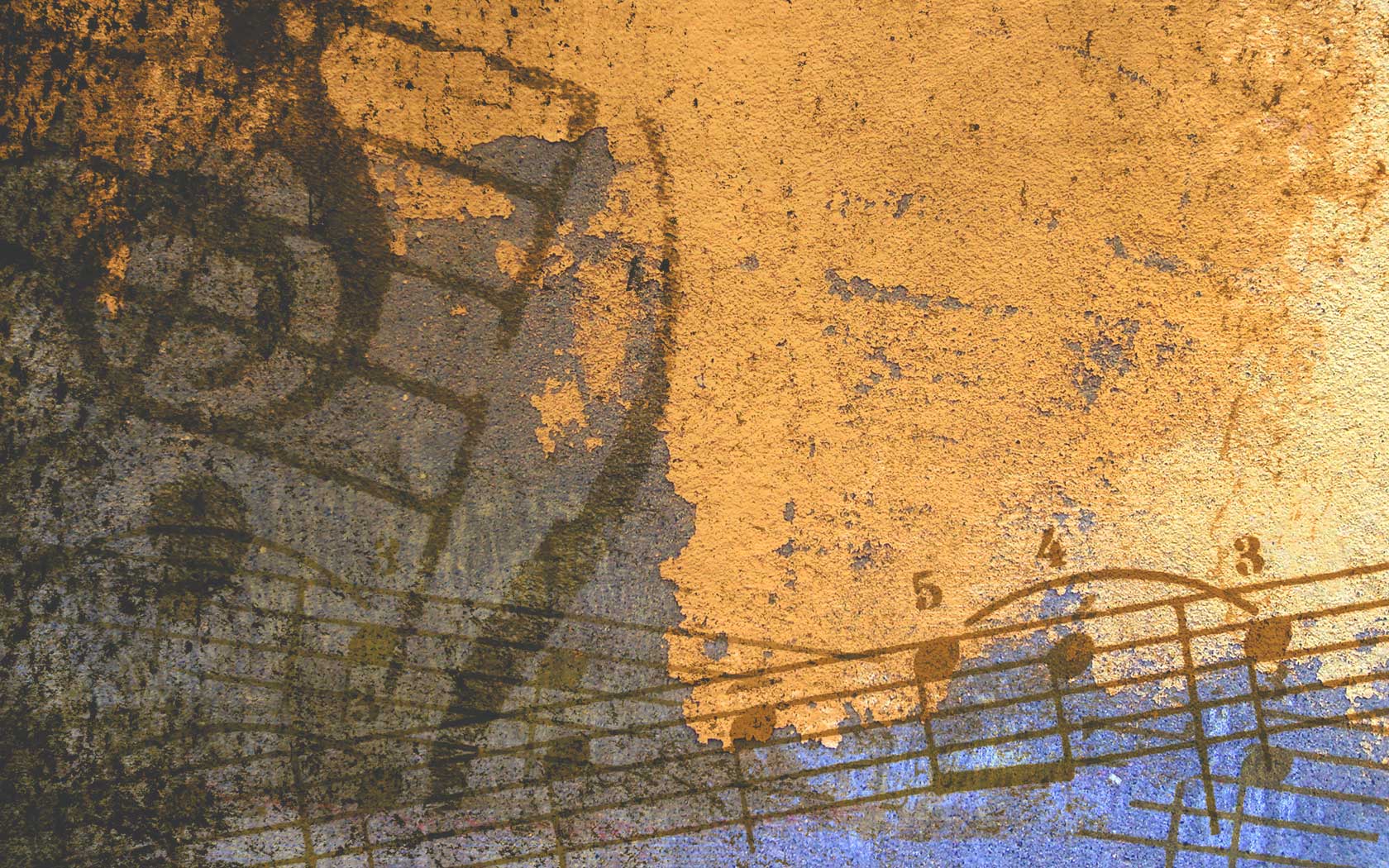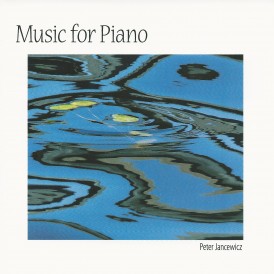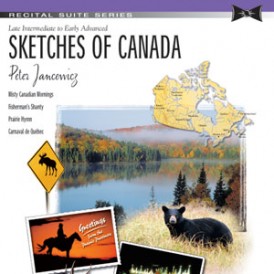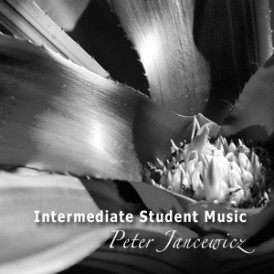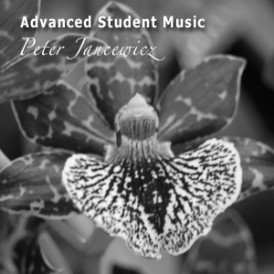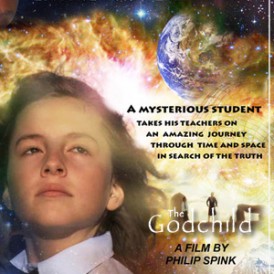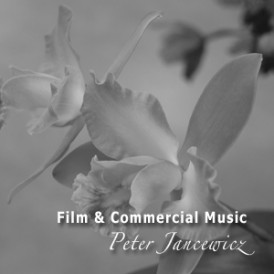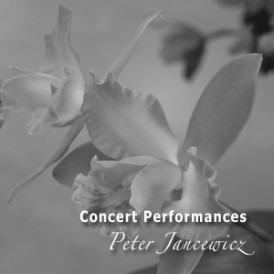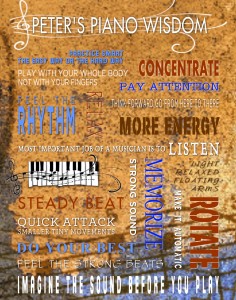 ONLINE LESSONS AVAILABLE
ONLINE LESSONS AVAILABLE
I’m using Zoom, Skype, FaceTime or WhatsApp. For more information, please contact me here.
………………………………………………..
Making music should be a rewarding, inspiring and enjoyable experience. And playing the piano should be as natural as breathing. As a teacher, it is my job to guide students to the point where they understand and love the music they play. To do this, they must learn to play without strain or anxiety. This can be accomplished through a combination of clear thinking, relaxed and effective movement, and efficient, creative practicing.
Success in piano, as in most things, comes as a result of effective, creative, and sufficient practicing. We learn more when we practice than we learn in the lesson itself. Learning takes place through understanding, which is gained from practicing. Through teaching my students how to practice, I seek to help them understand the physical and psychological issues involved in making music at the piano. With this approach, I encourage them to gain the freedom they need to express themselves through music and discover the joy and satisfaction of playing the piano.
The most important facet of playing the piano is creativity, but it doesn’t just happen automatically. A student’s creativity can be developed only when they are given and accept the tools to be able to create with imagination, inspiration and freedom. These tools include an efficient physical and psychological technique, the ability to listen with clarity, and an understanding of both music and the piano. Without a clear grasp of these tools, creativity is impossible, which explains why so many students remain uninspired at the piano, even after passing countless examinations. And these tools are only obtainable through creative and efficient practice techniques, and the nurturing of a calm, accepting approach. Talent does not make up for poor practicing.
My teaching philosophy is expressed artistically in the following two excerpts:
“In human affairs of danger and delicacy successful conclusion is sharply limited by hurry. So often men trip by being in a rush. If one were to properly perform a difficult and subtle act, he should first examine the end to be achieved, and then, once he has accepted the end as desirable, he should forget it completely and concentrate solely on the means. By this method he would not be moved to false action by anxiety or hurry or fear. Very few people learn this.”
John Steinbeck: from East of Eden, Ch. 21, para 1.
……..
